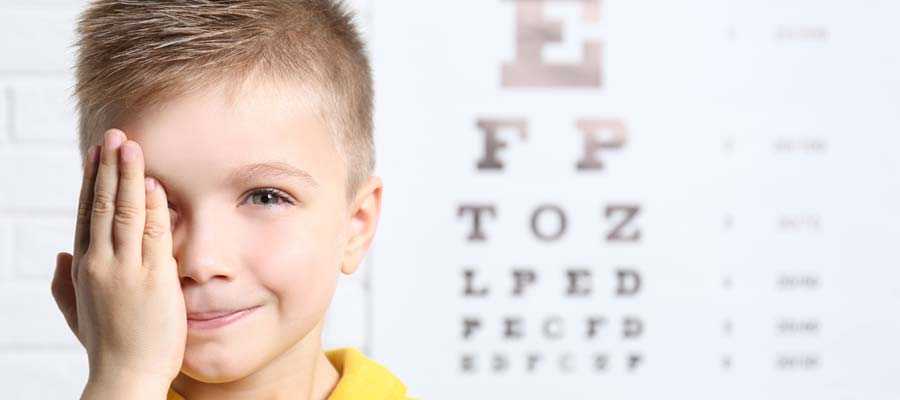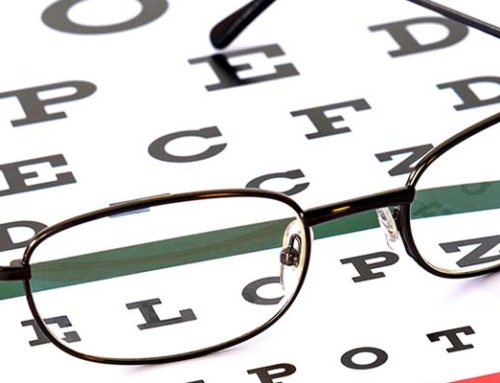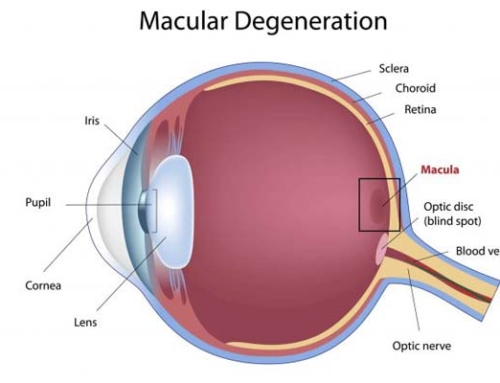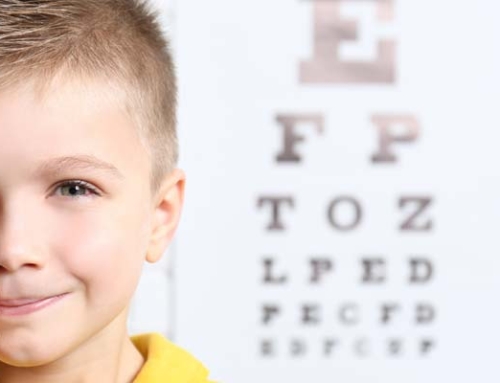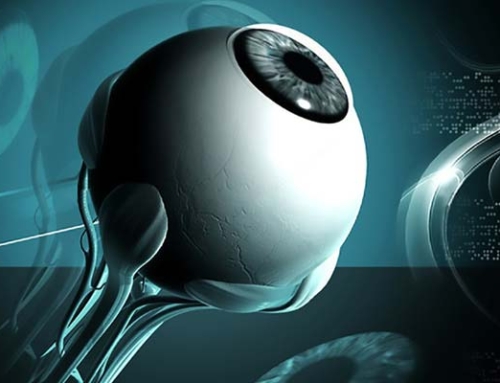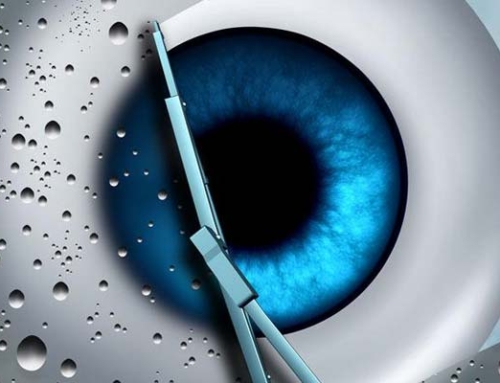Menopause is the duration of life after your period stops due to hormonal changes. During this period several health-related issues may appear due to the hormonal disturbances that occur in your body. Estrogen is the name of a sex hormone which tends to decrease during your menopause. One common problem due to this can be dry eyes. It is a condition when your eyes produce smaller amounts of tears, so you may suffer from itching, redness and eyes irritation. These tears form a film composed of water, oil and other substances that lubricate your eyes for normal eye movement and vision.
Normally, as you get older the tear production decreases gradually in your eyes and you are more liable to have dry eyes. In the postmenopausal period, the low level of sex hormones makes women more prone to dry eyes. The exact cause of this isn’t totally clear but, generally speaking, low estrogen hormone is seen to cause general dryness in your body including the dry vagina, dry mouth, and dry eyes for example.
Some statics showed that around 60 percent of women during menopause encounter dry and itchy eyes. Although this dryness starts to appear before menopause in many of these women, their condition witnessed an improvement after using hormone replacement treatment. This proves that there may be a relationship between sex hormones and eye dryness.
Risk factors of dry eyes
The development of dry eyes depends on multiple factors including decreased production of tears, excessive evaporation of tears, and non-functioning tear film. This problem is seen to be also in higher rates in a dry climate, air-conditioning, contact lens wearers, and eye sensitivity.
Menopausal women start suffering from symptoms of hormonal changes such as disturbances in their periods and hot flashes. By the age of 45, women also are at higher risk to have dry eyes, and this risk increases gradually while you get older particularly if you have an additional risk factor for dryness of the eye as if living in a dry climate or wearing contact lenses.
Treatment:
As previously stated, hormone replacement treatment causes improvement in dry eyes of some women during menopause. However, no change was seen in other groups which make this treatment an uncertain solution for your dry eyes.
There are other medications that can be used to relieve dry eye. The majority of these drugs are artificial tears that help to restore the quality of tears film to perform adequate eye lubrication. These artificial tears can be either eye drops which have a shorter duration of efficacy, or lubricating ointments with a long-lasting action. While using eye lubricants, it’s advised to ensure that they are preservative free as these preservatives may increase eye sensitivity and cause more itching, particularly during menopause.
Some cases of dry eyes may be accompanied with inflammation and even infections. In these conditions, you may need to take antibiotics either local eye drops or ointments. Severe cases need to be treated with oral antibiotics.
It is advised that you should stop wearing contact lenses while you have dry eye problems. Instead, there are some special types of contact lenses fit for people who suffer from dry eyes as it keeps your eye well-moisturized.

